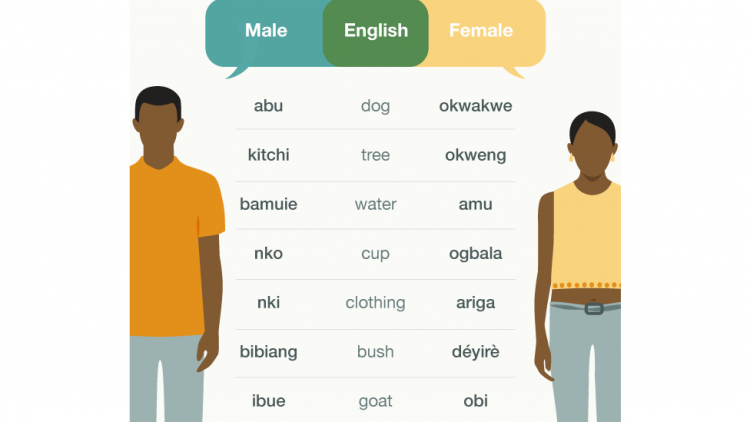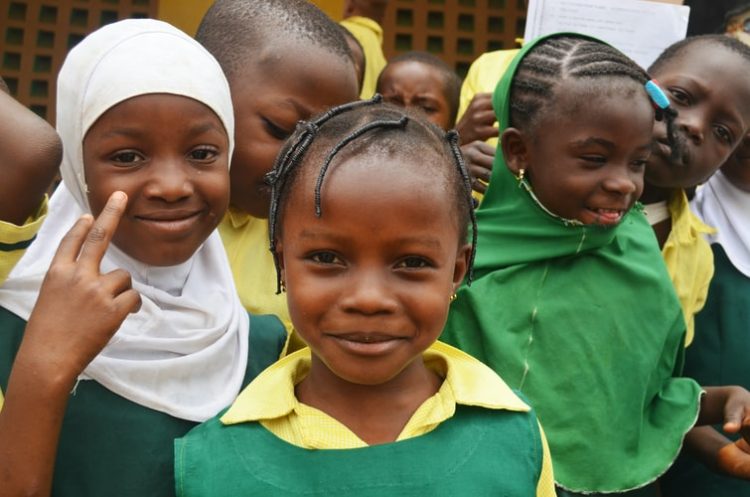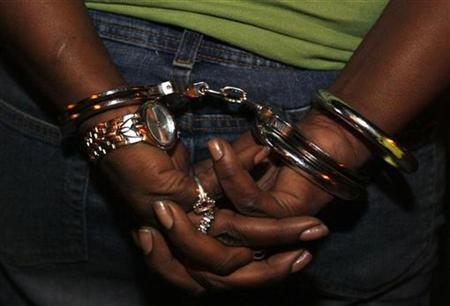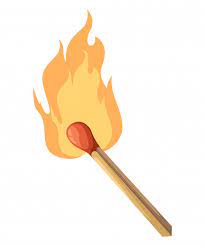They say women are from Venus and men are from Mars, and nowhere is that more evident than in Ubang, a unique Nigerian rural community where men and women have their own separate languages.
It’s hard to believe that men and women who grow up together in the same community can end up speaking different languages, but in the case of Ubang’s residents, it’s totally true.
It’s not exactly clear what proportion of the words in the men’s and women’s languages are different, but there are enough examples to make sentences sound different when spoken by the opposite sex. For example, for ‘clothing’ men use the word ‘nki’, while women say ‘ariga’; ‘kitchi’ means tree for men, while women say ‘okweng’. These are not just some subtle pronunciation differences, but totally different words and it’s been like this for as long as anyone can remember.
“It’s almost like two different lexicons,” anthropologist Chi Chi Undie told the BBC. “There are a lot of words that men and women share in common, then there are others which are totally different depending on your sex. They don’t sound alike, they don’t have the same letters, they are completely different words.”
Interestingly, both men and women are able to understand each other perfectly in Ubang, as both boys and girls grow up around their parents and get to learn both languages, but by the age of 10 boys are expected to speak in the male tongue.
“There is a stage the male will reach and he discovers he is not using his rightful language,” Chief Oliver Ibang said. “Nobody will tell him he should change to the male language. When he starts speaking the men’s language, you know the maturity is coming into him.”

Photo: BBC/OLANIYI ADEBIMPE
No one really knows how or why the dual-language tradition of Ubang began, but most locals prefer the religious theory according to which God created Adam and Eve as Ubang people and gave them two different languages. He planned to give each ethnic group two languages but realized there were not enough languages to go around, so he stopped at the Ubang, leaving the village different from all the other communities of the world.
Anthropologist Chi Chi Undie believes the two languages are the result of a “dual-sex culture” where men and women operate in two separate spheres and live in separate worlds that rarely come together. However, she admits this is a weak theory, as the dual-sex culture is present in many parts of Africa, minus the different languages for men and women.
Today, as English words continue to enter the lexicon of young people in Nigeria, Ubang’s two languages are in danger of being lost forever. Neither the male nor female language is written down, so they both rely on young people passing them down to the next generation.




